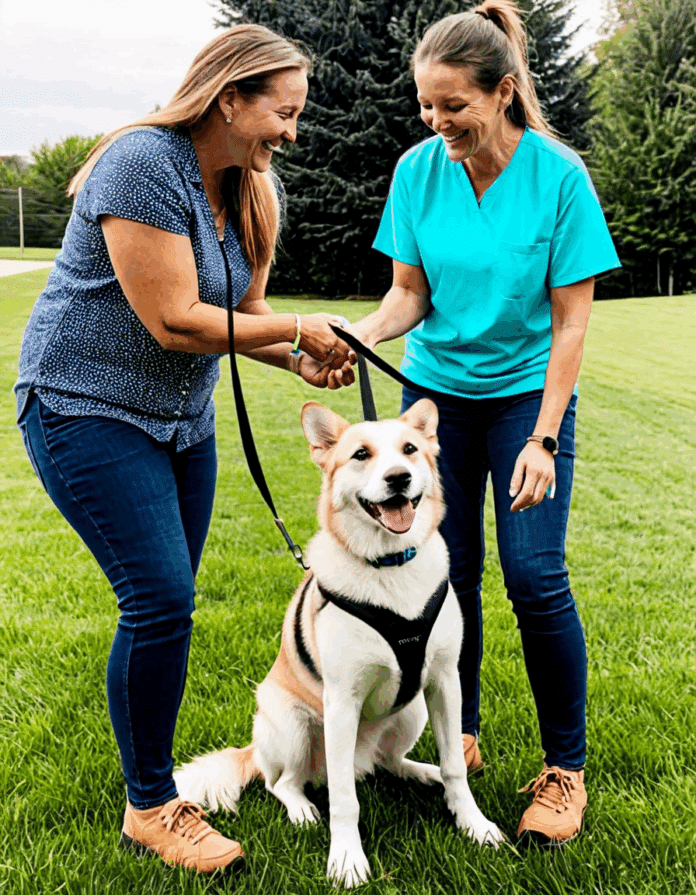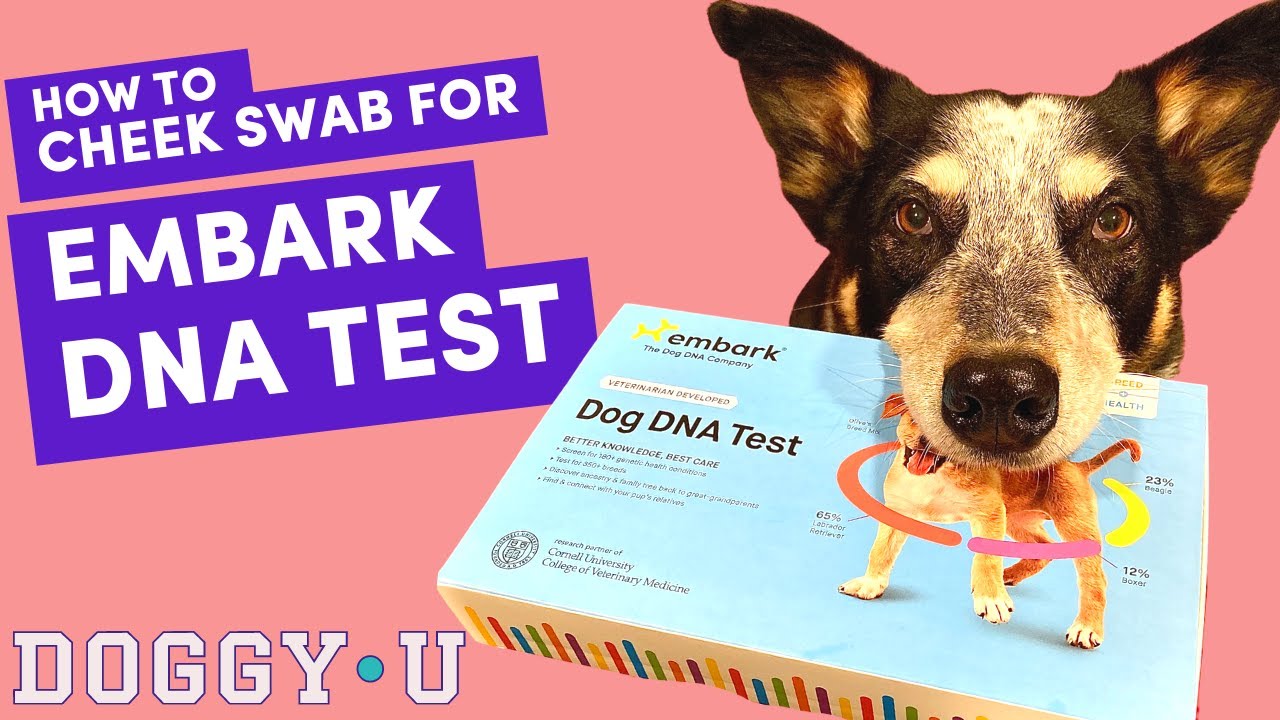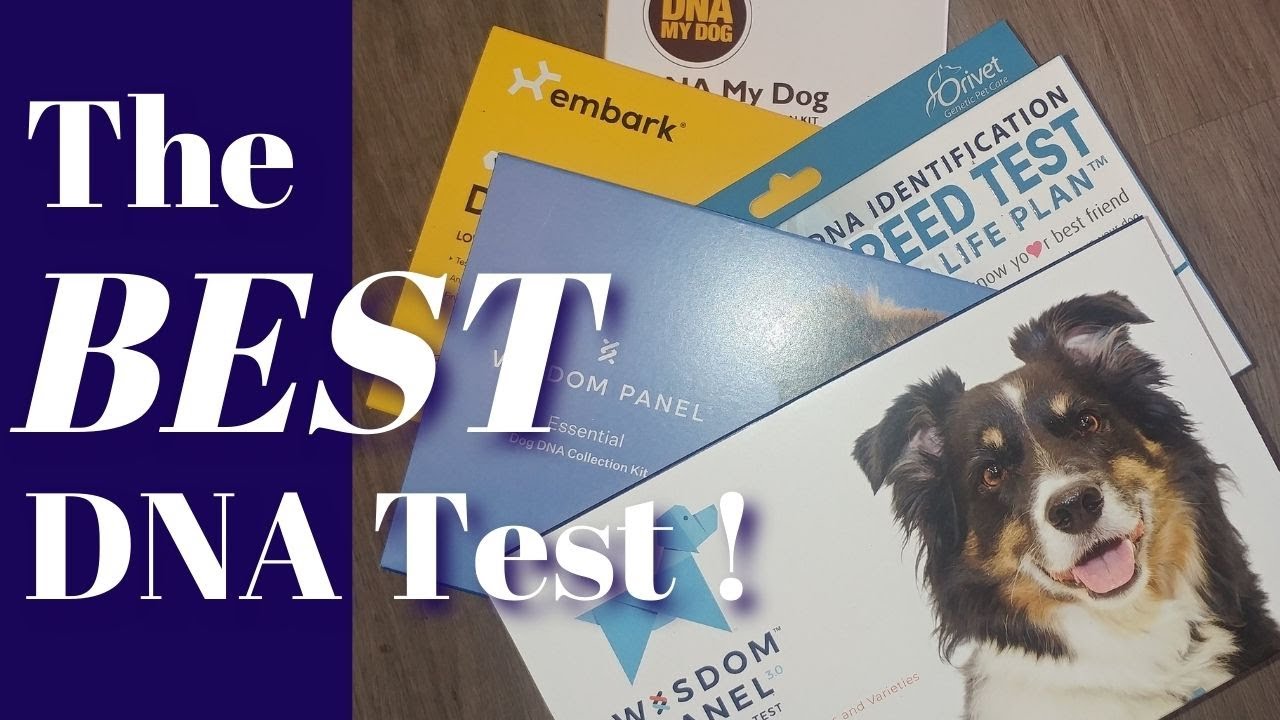Dog DNA tests have taken the world of pet ownership by storm. These innovative tools provide dog lovers with a deep dive into their furry friend’s ancestry and health. By analyzing a simple cheek swab sample, these tests reveal more than just the breed; they unlock fascinating insights into health predispositions and breed-specific behaviors. With advanced genomic sequencing and comprehensive comparisons against expansive canine DNA databases, dog DNA tests are indispensable for every pet parent curious about their pup’s lineage.
The Science Behind Dog DNA Tests
At the heart of dog DNA tests is cutting-edge science. Each test analyzes genetic markers unique to different breeds, which are identified through complex genomic sequencing. This involves taking a saliva sample and sending it to specialized labs. Advanced technologies compare the dog’s DNA against vast databases, revealing breed composition down to the percentage.
What’s the real value here? It helps dog owners better understand their pets. A dog DNA test can clarify whether your Beagle mix will probably have a curious nature or if your Chihuahua might be prone to certain health issues. This knowledge not only facilitates informed decisions about training, nutrition, and overall care but also plays a crucial role in ethical breeding practices.
The implications extend beyond just insights. With rising awareness about canine health, these tests have seriously changed how we approach dog ownership. Instead of adopting a wait-and-see attitude toward our pets’ health, we can proactively monitor conditions and behaviors linked to their genetic backgrounds.

Top 5 Benefits of Dog DNA Testing for Small Dog Breeds
1. Breed Identification
Understanding the blend of breeds in your small dog can significantly inform care practices. Companies like Embark Dog DNA Test offer detailed breed compositions, which are invaluable for mixed-breed pups, particularly small ones such as Pomeranians or Cocker Spaniels. Knowing if your pup harbors some stubbornness from a terrier lineage, for instance, can help tailor training methods.
2. Health Insights & Genetic Predispositions
Health is always a concern, especially for small dog breeds. Breed-specific health problems are common, and a dog DNA test can flag these issues early. For example, small breeds, like Chihuahuas, may be prone to luxating patellas. Wisdom Panel tests can determine if your pup shows susceptibility to such conditions, allowing for preventative measures.
3. Behavioral Understanding
Knowledge about a dog’s lineage can also illuminate behavior. If your canine companion has a healthy dose of Poodle in their DNA, you might anticipate a high intelligence level. This understanding helps craft training sessions that cater to your dog’s natural tendencies, fostering a richer relationship between you and your pet.
4. Tailored Nutrition Recommendations
Each breed has unique nutritional requirements. Dog DNA tests from brands like PetPlate analyze ancestral dietary needs, providing insights into what your small dog should be eating. Armed with this information, you’ll avoid the guesswork and select meal options that align with your pup’s genetic makeup.
5. Enhancing Adoption Decisions
For those involved in fostering or adopting, a dog DNA test is a game-changer. Organizations like the ASPCA advocate for breed identification tests at shelters, helping new owners gauge activity levels and care requirements based on prevalent breeds. This leads to more informed decisions and successful adoptions.
How Dog DNA Tests Work: Behind the Scenes
Most dog DNA tests begin with a straightforward saliva sample collected using an easy-to-use cheek swab. After submission, the sample undergoes genomic sequencing in reputable laboratories. Advanced technologies analyze the genetic data, comparing it with established databases that house genetic information about various dog breeds.
What do the results offer? Well, it can range from a straightforward breakdown of breed percentages to a detailed report on inherited traits affecting health and behavior. As technology progresses and genetic databases expand, the depth and precision of these tests are likely to improve, providing richer insights into our pets.
Interpreting these results can illuminate additional considerations. You might learn tips for effective training based on inherited traits or warnings about potential health issues, allowing for better proactive pet care.

The Future of Dog DNA Tests: Predictions and Innovations
As we move into 2026, the demand for dog DNA tests is set to skyrocket. With advances in technology, pet owners are becoming more educated about their dogs’ heritage and health. Exciting innovations are on the horizon.
– Real-Time Genetic Monitoring
Imagine a scenario where pet owners can track their dog’s genetic changes and health status in real-time. This advancement could lead to earlier interventions and more proactive care.
– Secondary Features
Future tests may offer insights into how dogs adapt behaviorally to different environments. The potential for tailored recommendations for training and care styles based on genetic matches could revolutionize pet ownership.
– Broader Applications in Veterinary Medicine
Veterinary practices are also likely to embrace dog DNA testing more fully. Personalized medical solutions based on genetic findings can lead to targeted treatments that improve the quality of life for our pets.
Unlocking New Possibilities: What the Future Holds for Pet Owners
Dog DNA tests are not merely tools; they are gateways to knowing our pets better. The insights gained from these tests empower dog owners to enhance their companion’s lives through informed decisions about training, nutrition, and health care. As these tests continue to evolve, they invite all pet lovers on a journey to a deeper connection with their furry friends.
In a world that is becoming increasingly focused on pet wellness, a dog DNA test stands as a beacon of progressive pet ownership. With the ability to monitor genetic traits over time, dog owners are not just learning about their pets; they’re opening doors to responsible, informed, and enriching companionship.
As we embrace this innovative approach, the bond we share with our dogs becomes more meaningful, contributing positively to their happiness and health. And that’s something every pet parent can get excited about. So whether you’re considering one for the first time or have already embarked on this journey, the world of dog DNA testing is indeed full of possibilities.
Dog DNA Test: Unlocking Your Pup’s Heritage
What’s in a Name?
Did you know that every dog has a unique genetic blueprint? It’s true! Just like how Lomo Saltado is a beloved Peruvian dish that combines diverse culinary influences, a dog DNA test reveals a rich tapestry of breeds within your furry friend. These tests can pinpoint the lineage of your pup, from their ancient ancestry to modern mixes, making it clear why your little buddy might display traits reminiscent of both a Chihuahua and a Great Dane. Fascinating, right? Speaking of fascinating combinations, even in shows like Hope Street season 3, character blends keep audiences entertained with their unexpected twists.
Canine Celebrities and Their Heritage
On top of that, famous pups have piqued interest in dog DNA testing! Take the legendary Walter Payton, known for his stellar football career, whose love for dogs was as strong as his fighting spirit on the field. Just like many game-changers, knowing your dog’s breed can help you understand their health needs, behavior, and training styles – just like how actors in the Officer And a Gentleman cast have different roles best suited to their traits. So, when considering a dog DNA test, remembering your dog may have famous relatives is a fun twist that adds a dash of glamour to the process!
Fun Facts to Bark About
If you’re intrigued by the fun facts surrounding dog DNA tests, you might also want to explore how these tests can even highlight specific traits and predispositions—much like how Win or Lose intricately presents the wins and losses in everyday life. There’s also the ever-curious case of traits linked to personality: did you know that some breeds are more prone to certain behaviors? It’s almost like a genetic code deciphering the What Is Woke movement in today’s society—understanding backgrounds can shine a light on present behaviors!
The canine journey doesn’t stop here; even musicians like David Byrne have a soft spot for dogs, showcasing how universal our love for them is, crossing over cultures and genres. A dog DNA test not only confirms your pup’s family tree but can also open the door to a deeper understanding of their needs—a real win-win situation for both pet and owner. If you’re staring at the device in your hands, remember: each test is like a ticket to an exciting adventure, serving up knowledge with a side of wagging tails and puppy love!







